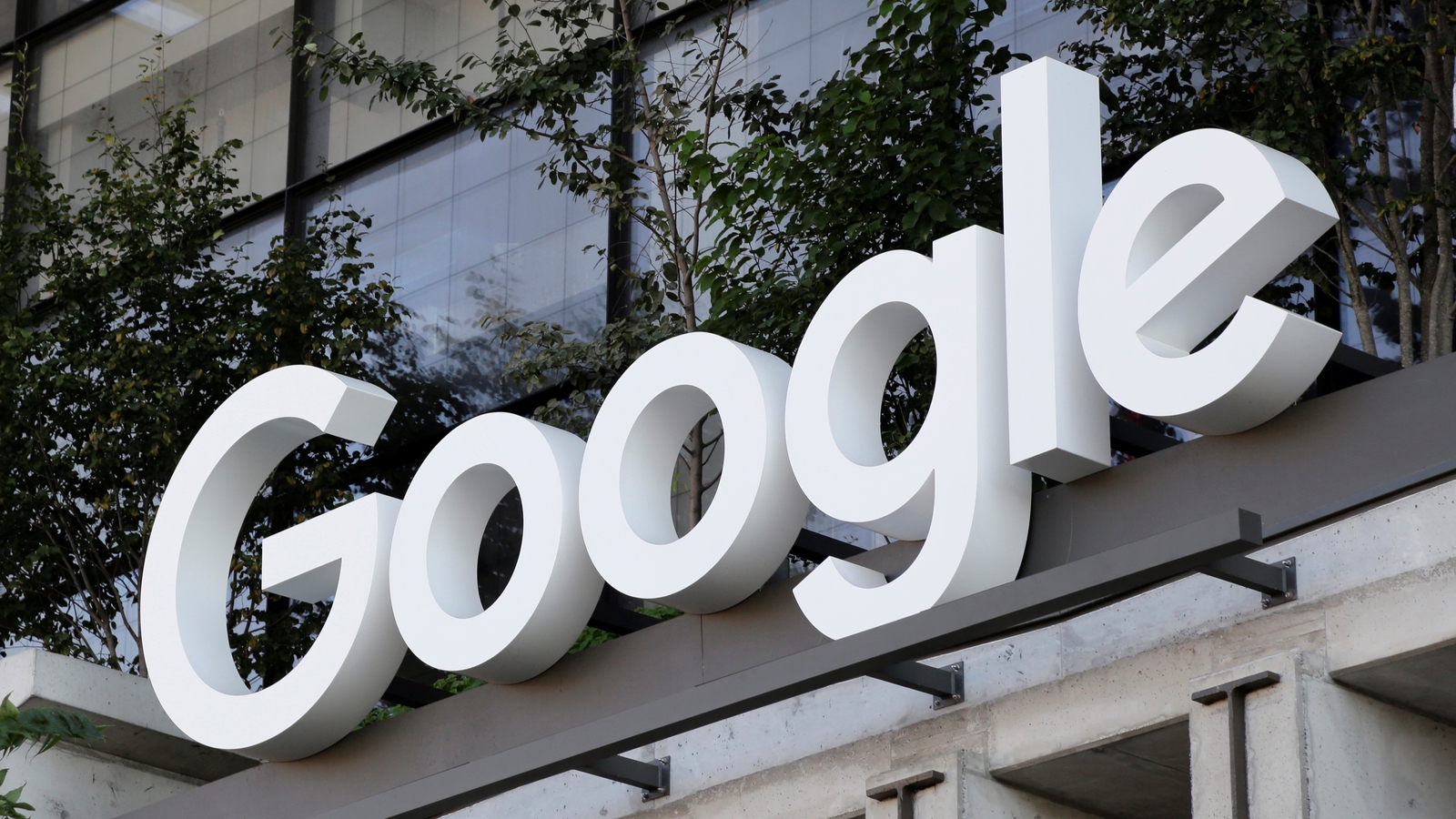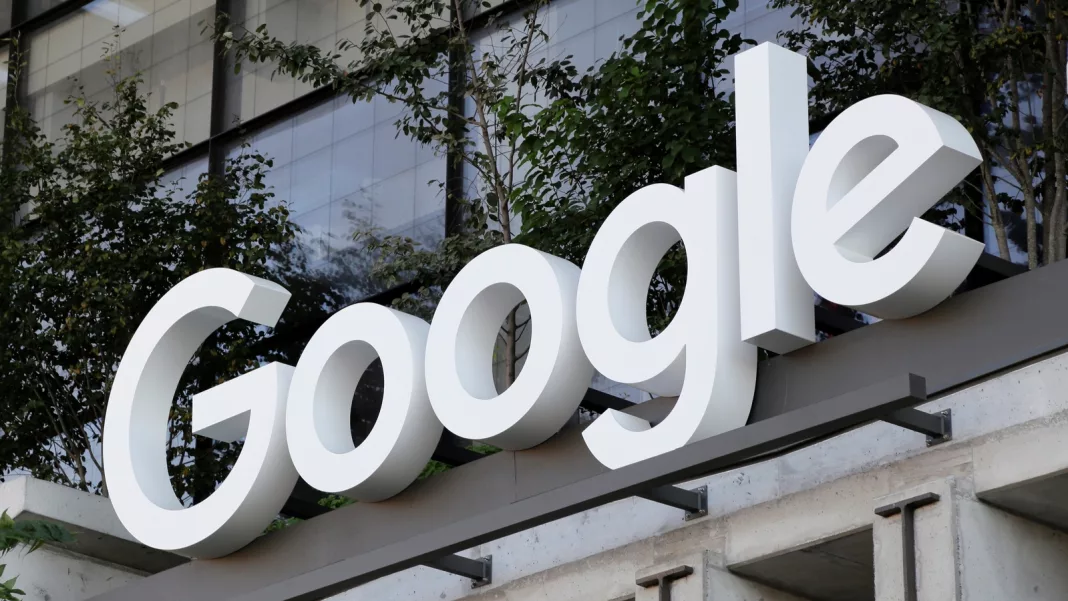
Google Loses Antitrust Lawsuit Over Android App Store
SAN FRANCISCO — Google has lost an antitrust lawsuit over barriers to its Android app store, as a federal court jury has decided that the company’s payments system was anticompetitive and damaged smartphone consumers and software developers.
It’s a blow to a major pillar of Google’s technology empire. But it’s a win for Epic Games, the maker of the popular Fortnite video game that brought the lawsuit – and, analysts say, for the broader game developer community.
Why Did Epic Sue?
Epic, based in Cary, North Carolina, filed its lawsuit against Google three years ago, alleging that the internet search giant has been abusing its power to shield its Play Store from competition in order to protect a gold mine that makes billions of dollars annually. Just as Apple does for its iPhone app store, Google collects a commission ranging from 15%-30% on digital transactions completed within apps.
How Did Google Lose?
The jury reached its decision with just three hours of deliberation after listening to two hours of closing arguments from the lawyers on the opposing sides of the case.
They sided with Epic, whose lawyer depicted Google as a ruthless bully that deploys a “bribe and block” strategy to discourage competition against its Play Store for Android apps. Google, Epic lawyer Gary Bornstein said, makes it too cumbersome or worrisome for consumers to download Android apps from other distribution outlets than the Play Store.
In its original lawsuit, Epic said Google “prevents app distributors from providing Android users ready access to competing app stores.”
Technically, it is possible to download apps from outside of Google’s Play Store, but Epic argued that for most people this is too cumbersome, requiring as many as 16 steps, for instance, to download Fortnite. And for those who try, Google sends “dire warnings that scare most consumers into abandoning the lengthy process.”
Google’s lawyer, meanwhile, attacked Epic as a self-interested game maker trying to use the courts to save itself money while undermining an ecosystem that has spawned billions of Android smartphones to compete against Apple and its iPhone.
What Happens Next?
Google sought to avoid having a jury trial, only to have its request rejected by U.S. District Judge James Donato. Now, Donato will determine what steps Google will have to take to unwind its illegal behavior in the Play Store. The judge indicated he will hold hearings on the issue during the second week of January.
Google said it will appeal the decision. But Wedbush analyst Michael Pachter says the search giant faces an “uphill battle.” While remedies Google must enact haven’t yet been decided, Pachter said he believes that its rivals will focus on the fee the company charges developers in its store.
What Does the Verdict Mean for Google?
Depending on how the judge enforces the jury’s verdict, Google could lose billions of dollars in annual profit generated from its Play Store commissions. But the company’s main source of revenue – digital advertising tied mostly to its search engine, Gmail and other services – won’t be directly affected by the trial’s outcome.
Shares in Google’s parent company, Mountain View, California-based Alphabet Inc., slipped less than 1% on Tuesday. The stock is up 50% so far this year.
Didn’t Apple Win a Similar Case?
Indeed, Apple prevailed in a similar case that Epic brought against the iPhone app store. But that 2021 trial was decided by a federal judge in a ruling that is currently under appeal at the U.S. Supreme Court.
The nine-person jury in the Play Store case apparently saw things through a different lens, even though Google technically allows Android apps to be downloaded from different stores – an option that Apple prohibits on the iPhone.


